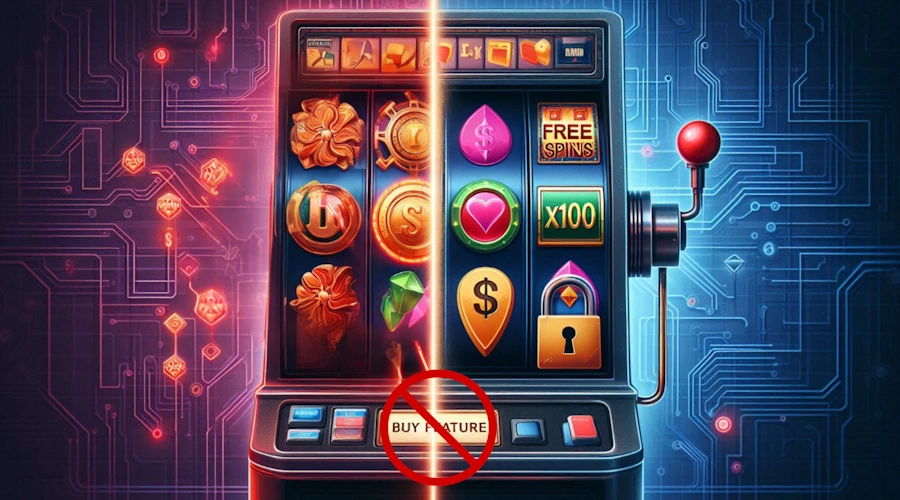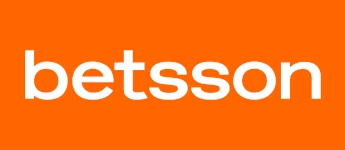 September 19 2025
September 19 2025
In the world of online slots, features like Bonus Buy have become immensely popular for one simple reason: they offer instant gratification. Instead of waiting for a free spin round to trigger naturally, players can pay a premium to access it immediately. But as regulators across Europe and beyond tighten the reins, such mechanics are coming under heavy scrutiny—and in many places, outright bans.
So the question arises: is the tightening of regulation slowly killing the innovation and excitement that made online slots so popular? And if so, are players ready to leave the legal ecosystem and migrate toward riskier, unlicensed platforms?
Slot design has evolved dramatically over the past two decades. While older games relied on simple paylines and bonus rounds, today’s digital slots offer a complex blend of audiovisual stimulation, gamified progress, and feature-rich gameplay. Bonus Buy is one of the most talked-about additions of the last few years.
This feature allows players to purchase immediate access to bonus rounds, eliminating the randomness that typically governs when such rounds appear. For many players—particularly those with limited time—this mechanic became a way to maximize entertainment quickly. For developers, it became a tool to increase engagement and monetization.
However, what’s good for engagement isn’t always aligned with consumer protection. Regulatory bodies in several European countries have expressed concern that Bonus Buy mechanics could fuel impulsive behavior and contribute to problem gambling.
Countries like the United Kingdom, the Netherlands, and Sweden have taken action—either restricting or outright banning the feature from licensed platforms. Operators in these markets are being forced to strip popular features from their titles or create market-specific versions of their games with reduced functionality.
For game providers and platforms trying to comply with these evolving laws, the result is a fractured portfolio. Some versions of the same slot may have Bonus Buy features enabled, while others remove them entirely depending on local law. This not only complicates game development but also challenges player expectations.
Players in unregulated markets continue to enjoy full-featured games, while those in regulated jurisdictions are increasingly encountering stripped-down versions. The unintended consequence? Some users begin to seek out offshore, unlicensed casinos that still offer these features—despite the legal and financial risks involved.
This trend raises serious concerns, especially when such platforms lack basic consumer protections. As detailed in Section 9 of the UNODC’s Global Report on Corruption in Sport, illegal gambling environments are often intertwined with transnational criminal networks. These operations offer no guarantees of fair play, user data security, or proper dispute resolution—leaving players vulnerable in more ways than one.
This debate doesn’t happen in a vacuum. The Bonus Buy feature is under close watch across various jurisdictions, and understanding the regulatory approach in each market is key. For players and developers alike, it’s critical to know where the feature is allowed, what limitations apply, and how it impacts the overall user experience.
In the Spanish-speaking market, specialized platforms like MejoresCasinos offer an in-depth analysis of Bonus Buy features, detailing where this mechanic is still allowed, what operators include it in regulated environments, and how pricing varies across jurisdictions. The guide also explores how recent legislative shifts are influencing both player preferences and development strategies within the Latin and European gaming ecosystems.
The central dilemma is this: do players value features like Bonus Buy enough to abandon the safety of regulated environments? Or will transparency, responsible gaming tools, and legal security remain more important?
There’s no simple answer. While a segment of players might be tempted by the allure of unregulated platforms, the majority likely prefer to stay within legal boundaries—especially when education and information are available to help them understand the trade-offs.
Moreover, platforms that comply with local regulations often provide better support services, faster payouts, and safer payment options. Long term, these advantages tend to outweigh the short-term thrill of an unrestricted feature.
To understand the impact of these choices, institutions like the Spanish Ministry of Consumer Affairs regularly publish data on player protection, helping to evaluate the real effect of restrictive policies and consumer trends.
It’s clear that regulation is reshaping how slot features are designed, offered, and marketed. But rather than viewing this as the death of innovation, many in the industry see it as a new challenge—a way to create engaging, responsible games that meet both legal standards and player expectations.
Game developers are already responding with creative alternatives to Bonus Buy. Some providers now design progressive bonuses unlocked through gameplay milestones, while others experiment with time-based events or modular volatility settings that remain within legal boundaries. These innovations aim to maintain excitement while aligning with safer gaming principles.
As the sector matures, striking the right balance between regulation and fun will be the ultimate test. And that balance might look very different depending on where you play—and how much you know about the mechanics behind the games you love.




Curacao-License


Curacao-License


Curacao-License
 There is a No Deposit Bonus available: 20 Free Spins
There is a No Deposit Bonus available: 20 Free Spins



Curacao-License
 There is a No Deposit Bonus available: 30 Free Spins
There is a No Deposit Bonus available: 30 Free Spins


Curacao-License


Curacao-License


Curacao-License
 There is a No Deposit Bonus available: 30 Free Spins
There is a No Deposit Bonus available: 30 Free Spins


Curacao-License


Malta-License (EU)


Curacao-License
 There is a No Deposit Bonus available: 30 Free Spins
There is a No Deposit Bonus available: 30 Free Spins


Curacao-License


Curacao-License
 There is a No Deposit Bonus available: 25 Free Spins
There is a No Deposit Bonus available: 25 Free Spins


Curacao-License
 There is a No Deposit Bonus available: 100 Free Spins
There is a No Deposit Bonus available: 100 Free Spins


Curacao-License
 There is a No Deposit Bonus available: 20 Free Spins
There is a No Deposit Bonus available: 20 Free Spins